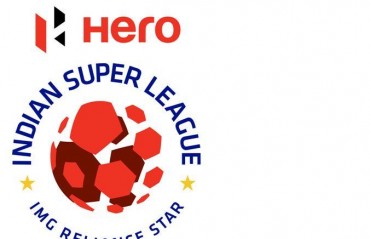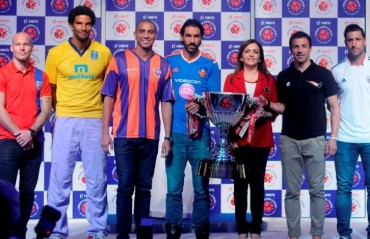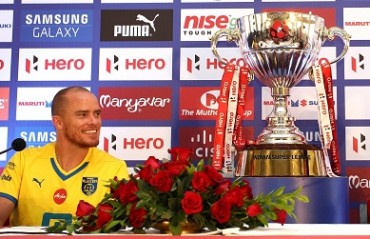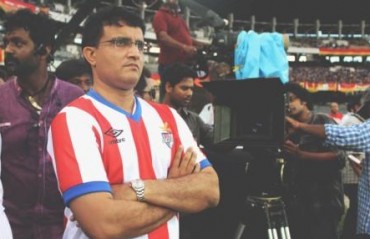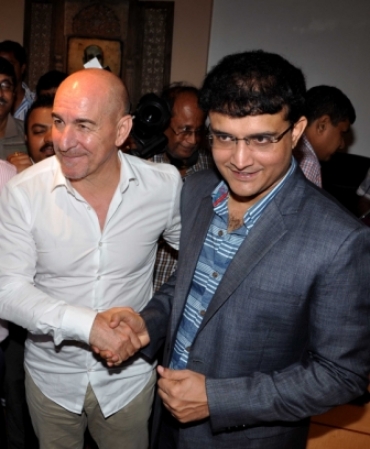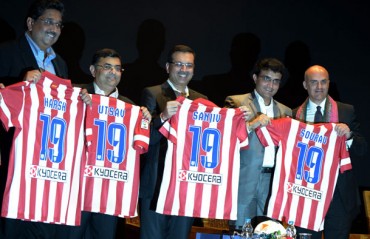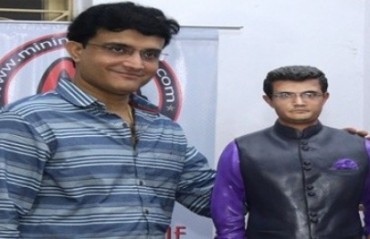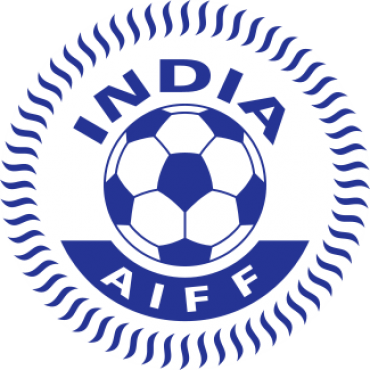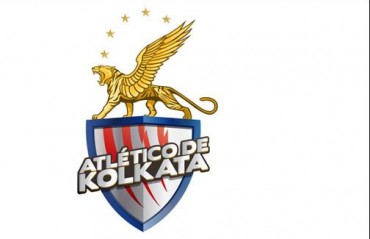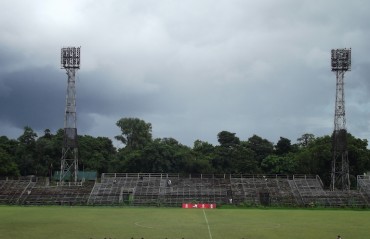


#TFGtake: How the ISL can be structured better to let the best team win the league and represent India
- By Chiranjit Ojha

- December 19, 2016
THE ISL GRAND FINALE, complete with its magnificent setting in Kochi and the star-studded VIP gallery, was set to be an occasion that eclipsed all other in the 3-year history of the private tournament. In the end, the contest that followed on the pitch was hardly worth writing home about, and the winner had to be decided by penalties.
Although not the most perfect of footballing contests, it was a cup final game that Atletico de Kolkata won fair and square. There's no denying the perseverance they showed in the tournament, overcoming Mumbai City in the playoffs with wit and grinding out a favourable result in front of a hostile crowd in the final.
But one inherent issue that has plagued ISL since day one is being overlooked here. And that's an inconvenient fact that even the most ardent fans of the champions will not deny: Atletico de Kolkata were not the best team in ISL 2016. They were not even close.
In the "regular season" that saw the competition unfold over two months in a double-leg round-robin format, it was Mumbai City who emerged as the undisputed table toppers. Kerala Blasters staged a great turnaround of forms to occupy the second place. Delhi Dynamos, who started well and then lost their footing, were third. ATK were fourth, which was regarded as more or less appropriate.
Finishing fourth out of 8 teams makes them mid-table at best.
Now, ISL is not a league. It's a private tournament that heavily apes the format and appearance of the lowest common denominators (IPL) to appeal to the Indian TV audience. So if IMG-Reliance want to have playoffs at the end of the tournament, then that's that. But does it do justice to the fans who turn up at matches, religiously follow their respective teams and thereby support the tournament? At the end of the day, what does it say about a competition that calls itself a "league", but the best team never wins the trophy?
In 2014, Chennaiyin were the table toppers. In 2015, it was FC Goa who finished first. In 2016, Mumbai City came up and took the pole position. In all 3 editions, these were the teams regarded to be the best by fans and critics alike. That's what a league is supposed to do; to make sure the best team rises to the top through an arduous, long competitive process. But all 3 of them ended up empty-handed. ATK won twice in 2014 and 2016, and Chennaiyin FC lifted the trophy in 2015.
Why should ISL even have playoffs in the first place when almost none of the established leagues in the world have it? All the popular European leagues, and even I-League, the top division league in India, stick to a pure double-leg league format. So why does ISL deviate? The reason is perhaps nothing more than the fact that semi-finals and finals get a lot of eyeballs. They just want to milk the cash cow a bit more at the end of the season.
It's a curious phenomenon. Because the only two notable leagues that use playoffs to determine the champions are Major League Soccer (North America) and A-League (Australia). And they have a lot of things common with ISL. Both have (or had) a close connection with IMG, who are also behind ISL. Both have a franchise fee system like ISL. And both don't have a relegation, like ISL. It's odd that only these closed leagues that rely heavily on franchise fees should feel the need to have playoffs to boost their ratings and earnings. Could it be that not having a relegation battle makes their mid and bottom table games unattractive to casual viewers, so they have to look towards an added flourish towards the end to make up the numbers, even if it comes at the cost of compromising the integrity of the league by creating a situation where the best team does not get crowned champion?
But even MLS has a system where the table toppers have something to show for. There, the team that finishes top of the league, wins the Supporters Shield. That's a prestigious trophy tied into the larger MLS arc; it provides a good touch. Even if the toppers lose in the playoffs, they have silverware to show for themselves. And there's the extra honour of winning the "double" if they triumph the playoffs as well. A-League, too, honours the league toppers with the Premiership Trophy.
But what do the table toppers in ISL get? Apparently there are some 'financial incentives' in place for them. So is that what it's all about, then? Are the fans of Mumbai City expected to brag to their opponent counterparts that their team got more money than others? Does money fill the void of not having a trophy despite finishing top of the table?
If ISL want to incorporate some of the fun and excitement of a knockout competition, they have every right to do so. But why wouldn't they honour the team that won the league stage? It seems like an oversight resulting from blindly copying the IPL.
Then there's the merger -- or restructuring -- of leagues that's likely to take effect next season. ISL will be a long competition, a real domestic top division league, followed by a knockout tournament called Indian Super Cup (the spiritual successor of Federation Cup). But according to the merger plans that have come out so far, the tournament will still hold playoffs to determine the winner at the end of the league stage. But why include a knockout stage in the league when it's being quickly followed by a knockout cup tournament? What would be the point of the league, then, if it does not essentially differentiate itself from the cup competition?
Not having the best team win the league may have grave consequences for Indian football as a whole. Next season onwards the ISL winner will get a chance to play in the AFC Champions League. This means we are about to enter a situation where India will potentially send a weaker club instead of its best to the continental championship. And any under-performance in that level reflects badly on Indian football, and is detrimental to its growth as a footballing nation.
To notice the difference between league and knockout one only needs to look at last season's I-League and Federation Cup. Bengaluru FC won the league, but they were knocked out of the Fed Cup by Aizawl FC. What if that happened in playoffs following the league? It would allow a much weaker team like Aizawl to represent India in Asia, which would lead only to nationwide embarrassment.
There's a reason most domestic leagues don't have playoffs. It's because they recognize their position as a linking element in the larger structure of continental, even global club football. They want to make sure the best club goes to the next level to do justice to their domestic footballing system, and the fans who follow their clubs through their long-winded seasons. When ISL becomes India's top division league in 2017-18, it will inherit the same responsibility from I-League: to make sure India send their best to seek Asian pride. But if they stick to their shtick of playoffs they will fail not only the league itself and the fans, but the whole of Indian football.
Get the latest in the world of Sports, Teams, and Players! Free Delivery to your Inbox.






